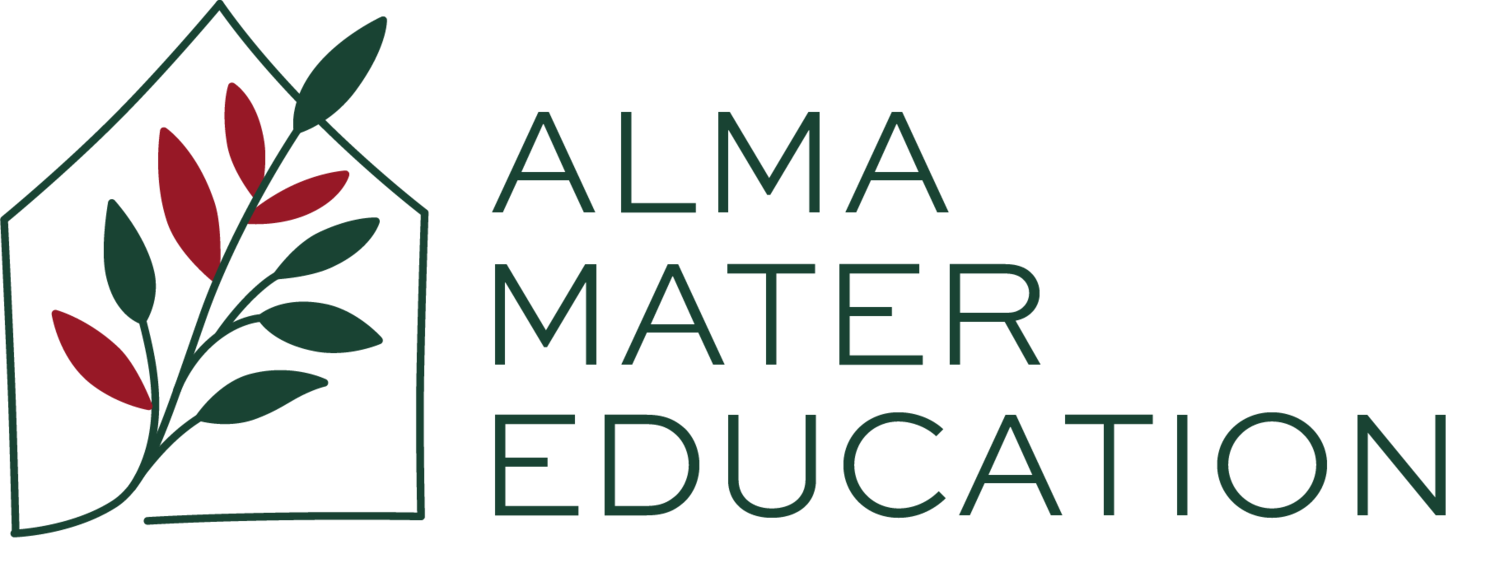
Our Vision and Mission
The Challenge
Only 40% of children in rural Ghana are able to continue with their education after primary level. That leaves 60% who find themselves stuck in the cycle known as the ‘Poverty Trap’.
The problem is exacerbated in rural communities where people rely almost exclusively on subsistence farming and agriculture, which often means an income of less than $2 per day.
If they can afford to at all, children from rural areas are often discouraged from going to school after primary level, as they are needed to work and bring in money to feed their families. Those that are able to complete their studies at secondary school will generally go straight to the cities to work, leaving a problematic lack of educated young people in rural areas.
Our Solution
Alma Mater Education provides a holistic model of education, combining:
Academic Excellence – Curriculum aligned with national standards (GES), focusing on critical thinking, STEM, and 21st-century skills. WASSCE results consistently exceed 90% (2024: 97%) pass rate, with nearly half of students achieving grades qualifying for university entry.
Boarding Provision – Safe residential facilities ensure students from remote areas have consistent access to education, meals, and extracurricular programmes.
Practical Agricultural Training – Our organic school farm and outgrower programme teaches sustainable agriculture, provides nutritious meals, and generates income for the school and community.
Holistic Student Support – Guidance, counselling, girls’ empowerment programmes, clubs, and leadership initiatives foster social, emotional, and cognitive development.
“Before joining Alma Mater, I didn’t think someone from my village could dream beyond farming just to survive. Now, I’ve learned how to farm sustainably”
Our Mission
To provide high-quality, holistic education and hands-on agricultural training to equip secondary school students with the knowledge, skills, and mindset for successful livelihoods and resilient futures.
Our Values
Empowerment: Believing in each person's unique potential and facilitating the development of skills and mindsets to enable self-sufficiency and community transformation. This includes a focus on girls' and women's empowerment.
Sustainability: Commitment to practices that protect the environment, promote long-term well-being, and ensure the viability of resources for future generations. This is integral to our organic farm and 'farm-to-fork' ethos, and our aim for financial sustainability.
Community: Fostering strong, collaborative relationships with students, staff, local farmers, and the wider community, working together for mutual growth and impact.
Excellence: Striving for the highest quality in education, agricultural practices, and operational processes, driven by continuous learning and innovation. We ensure our students receive professional, individualised education and the support to exceed.
Integrity & Transparency: Upholding the highest ethical standards, acting with honesty, and ensuring openness and accountability in all operations, especially financial management and impact reporting.
Professionalism: Maintaining a high level of competence, dedication, and respectful conduct in all activities, from teaching and farm management to governance and external relations.
Inclusivity & Diversity: Embracing and valuing differences, creating a safe and welcoming environment for all, and ensuring equitable opportunities, particularly for students from marginalised backgrounds and disabled children who are five to six times less likely to access secondary education.
